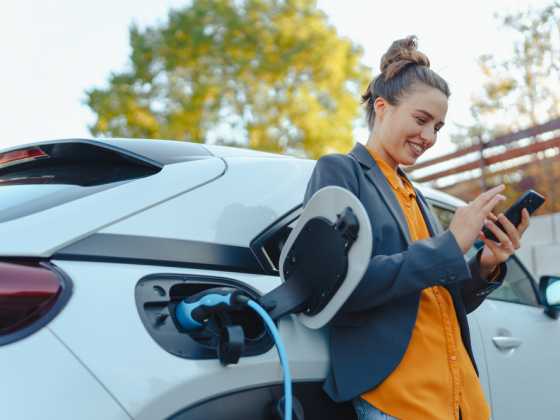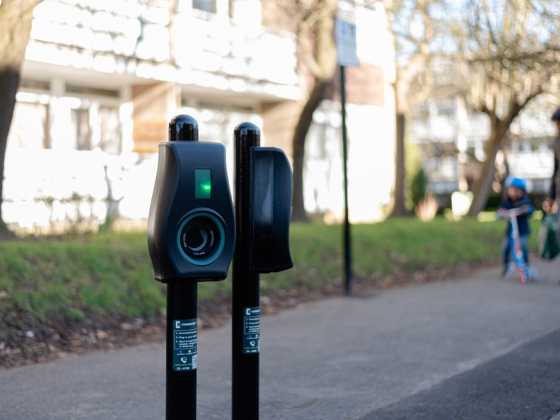CO2 emissions in Europe rise for first time in a decade

CO2 emissions have risen in Europe for the first time in a decade as a result of vehicle owners no longer opting for diesel models, research shows.
According to analysis by JATO Dynamics, CO2 emissions increased by 0.3g/km in 2017, the first rise in Europe in 10 years.
The decline of diesel vehicles has been noted a key factor in the rise in CO2 levels, along with an increase in SUV registrations
According to JATO, EU CO2 targets of 95g/km could be difficult to achieve, should demand for diesel continue to fall and electric vehicles fail to plug the gap.
Data for 2017 shows that diesel cars registered in the market had a CO2 emissions average of 117.9g/km, compared to petrol cars, which had an average of 123.4g/km – a difference of 5.5g/km.
Likewise, the average power output of a diesel engine registered in the EU was found to be 142HP, with 117.9g/km CO2 emitted.
The average power output of a petrol engine registered in the EU was found to be 123HP, with 123.4g/km emitted – this shows that diesels are chosen by customers who prioritise power output and torque.
With increased negative public perception towards diesels, combined with increased government regulation and scrutiny of the fuel type, the volume of diesel cars registered fell by 7.9 per cent to 6.77 million units in 2017.
In turn, diesel cars accounted for just 43.8 per cent of total registrations in 2017, which is 11.1 percentage points lower than their peak, seen in 2011, and the fuel type’s lowest market share since 2003, when diesels accounted for 43.4 per cent of total registrations.
Whilst demand for diesel cars declined in 2017, registrations of petrol cars increased by 10.9 per cent – the highest level since 2003. This meant the market share of petrol vehicles grew by 3 percentage points from 47 per cent to 50 per cent between 2016 and 2017.
According to JATO, as demand for diesel cars continues to decline, consumers will increasingly turn to petrol vehicles and those seeking higher power and torque will emit higher average CO2 emissions than if they used diesel. This will likely lead to average CO2 emissions further increasing in the future.



